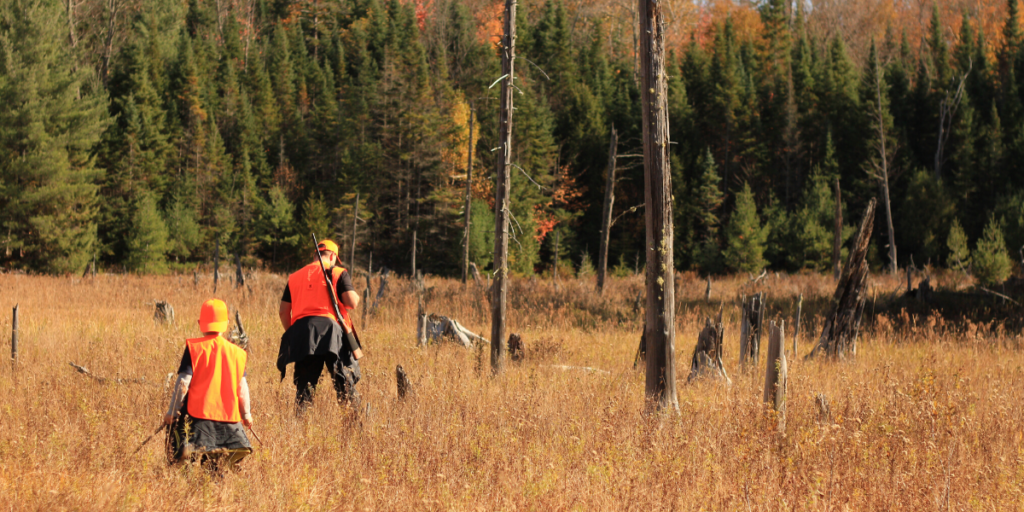Effort to Stop Nestle’ Water Bottling Loses Appeal to EGLE
The Michigan Department of Environment, Great Lakes, and Energy, EGLE, has dismissed a case that challenged the permit that allowed Nestle’ Waters North America to increase water withdrawals. The company was granted a permit to ramp up water withdrawals from a source near Evart, Michigan, in 2018.
Currently, the company pays $200 to draw 130 million gallons of water per year. EGLE dismissed the appeal on the grounds that it should have been filed in circuit court.
EGLE Director Liesl Clark said, “EGLE remains committed to protecting our state’s valuable water resources, but as a regulatory agency we must act within our statutory authority. The Safe Drinking Water Act only allows EGLE to hold contested case hearings under very limited circumstances which are not present in this case.”
Clark went on to blame the previous administration for allowing the permit in the first place and called on the legislative branch to “update regulations to give the agency more authority over water withdrawals for bottled water and royalties to compensate Michiganders for the commercial use of the state’s freshwater resources.”
Reporting for WGRT – Jennie McClelland






